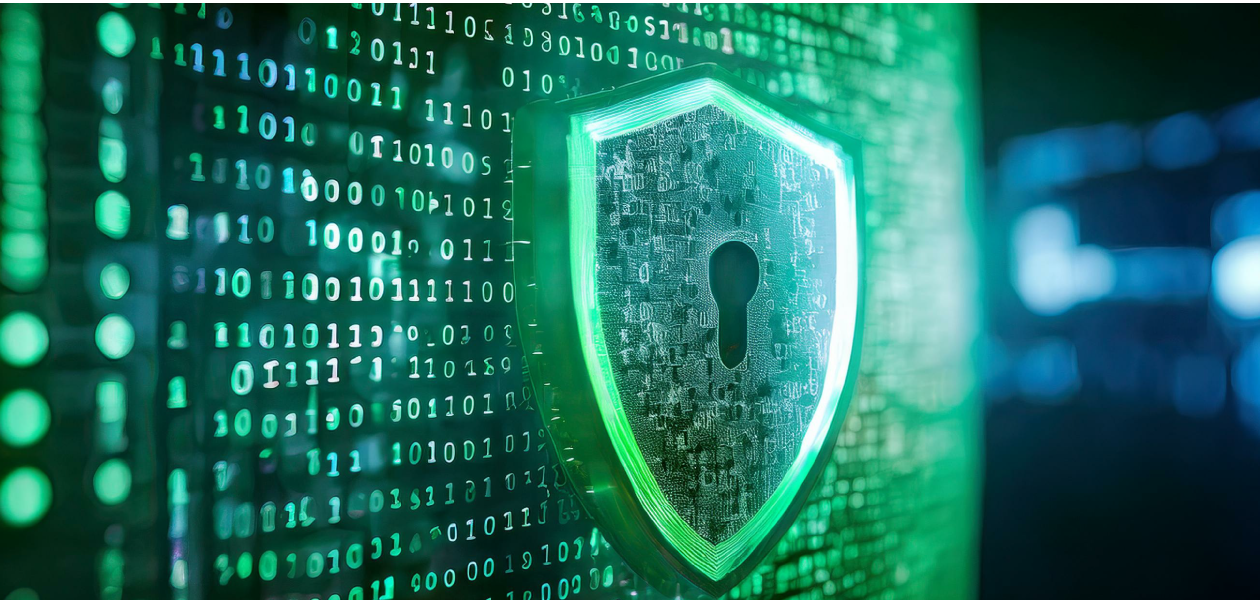Best practices to secure business communications
Read this article to find out about best practices for ensuring secure business communications
Best practices for securing business communications
Exchanging sensitive information using internal and external communication tools exposes your organisation to security risks. To avoid data breaches, communications must be protected by integrating effective security solutions. Adopt the best security practices within your organisation to preserve the integrity of your communications.
Adopting a secure email solution
For videoconferencing and business email, choose a secure communications solution certified by ANSSI, the French national agency for information systems security. Your chat rooms are protected and accessible by invitation only.
End-to-end encryption of your communications ensures the confidentiality of your information. You can discuss your projects and share your files in a secure space. Advanced security features protect against intrusion and hacking.
Using encrypted communications
Encrypting communications and exchanged data is an effective defence technique to prevent the breach of sensitive information. There are different encryption methods, symmetrical and asymmetrical, based on powerful encryption protocols. Only authorised individuals can access the content of communications. Encryption applies to files attached to your emails as well as video calls.
Encryption solutions can be integrated directly into your usual email systems. If your data passes through unsecured channels, encryption ensures that it transits securely.
Choosing a business VPN solution
A business VPN solution ensures the security of your communications when you are working remotely. With this service, your employees can easily connect to their email and join videoconference meetings. A business VPN offers a wide range of security features. It acts as a secure tunnel in which information is encrypted from end to end. A VPN secures all communications, even when using an unsecured Internet connection.
Controlling access and managing user authorisations
Secure communications also require a strong authentication method. You need to incorporate strong passwords coupled with a double authentication system (2FA). Multifactor authentication (e.g., password and code sent by SMS message) provides an additional layer of security to access communication tools.
In addition, administrators must establish strict access policies. Only authorised individuals may participate in sensitive communications. This allows you to better protect your company’s key data and information.
Improving user awareness about the risks associated with business communications
Educating users about the different types of cyberattacks limits the risks of intrusion. Threat actors use phishing, identity theft, and social engineering methods to spread malicious software and gain access to your information systems. Sometimes, a simple mistake can be detrimental to the security of your networks. Regular training in cyberattack techniques will raise your staff’s vigilance when communicating by email, telephone, or videoconference.
Securing communications within your organisation is essential to maintaining the confidentiality of your professional communications. This allows you to limit the risks of cyber espionage and the compromise of sensitive information. ERCOM offers a reliable solution, certified by ANSSI and compliant with the General Data Protection Regulation (GDPR) obligations, to organisations of all sizes.



